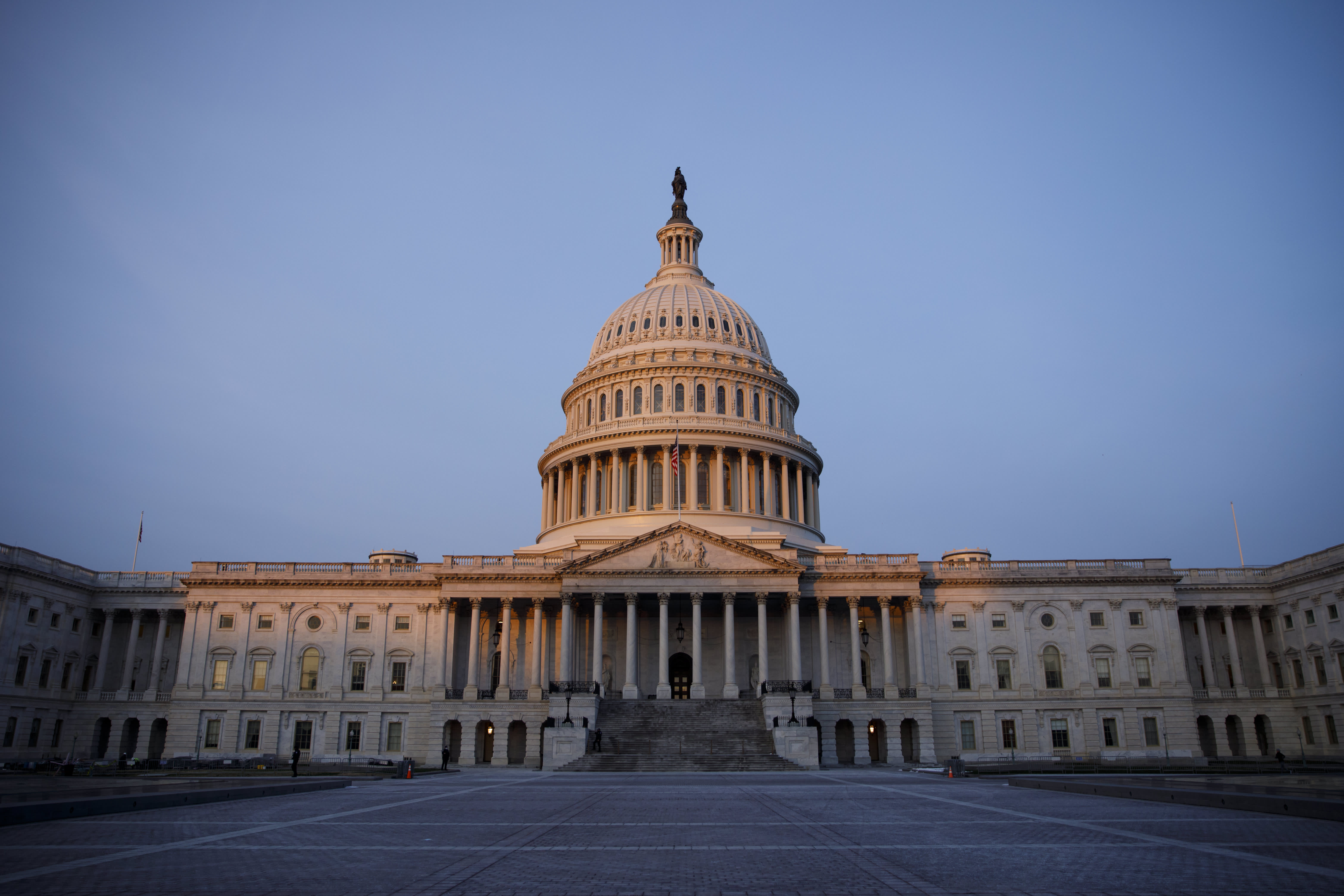Ting Shen/Bloomberg via Getty Images
Unemployed workers would get an extra 11 weeks of jobless benefits and a $300 weekly enhancement to aid payments as part of a Covid relief deal Congress reached Sunday.
Certain self-employed and gig workers would also get an extra $100 a week, according to a document summarizing the legislation.
The 11-week timeline is less than the amount offered by a bipartisan package released earlier this month. That bill would have paid extended and enhanced benefits for 16 weeks, to mid-April.
In all, the $900 billion compromise package, the result of frenzied negotiations ahead of a year-end benefits cliff for millions of workers, offers $120 billion in additional unemployment benefits.
There are more than 20 million Americans collecting unemployment benefits, according to the Labor Department.
$300 weekly enhancement
PUA and PEUC extended
The legislation would also extend two programs created by the CARES Act: Pandemic Unemployment Assistance, which pays benefits to self-employed, gig, freelance and part-time workers generally ineligible for state unemployment insurance; and Pandemic Emergency Unemployment Compensation, which pays extra weeks of benefits to individuals who exhausted their state benefits.
$100 boost for the self-employed
Some self-employed, gig and other workers who have both wage (i.e., W-2) and self-employment (i.e., 1099) income will also be eligible for an additional $100 a week.
Many such individuals are receiving unemployment benefits at a low level due to how their benefits have been calculated. States base their benefit level solely on wages reported on their annual W-2 tax forms, without accounting for self-employment income, which may be much higher.
The bill also offers direct economic relief for individuals via stimulus checks of $600 for individuals making up to $75,000 a year, $1,200 for couples making up to $150,000, and an extra $600 for dependent children.
